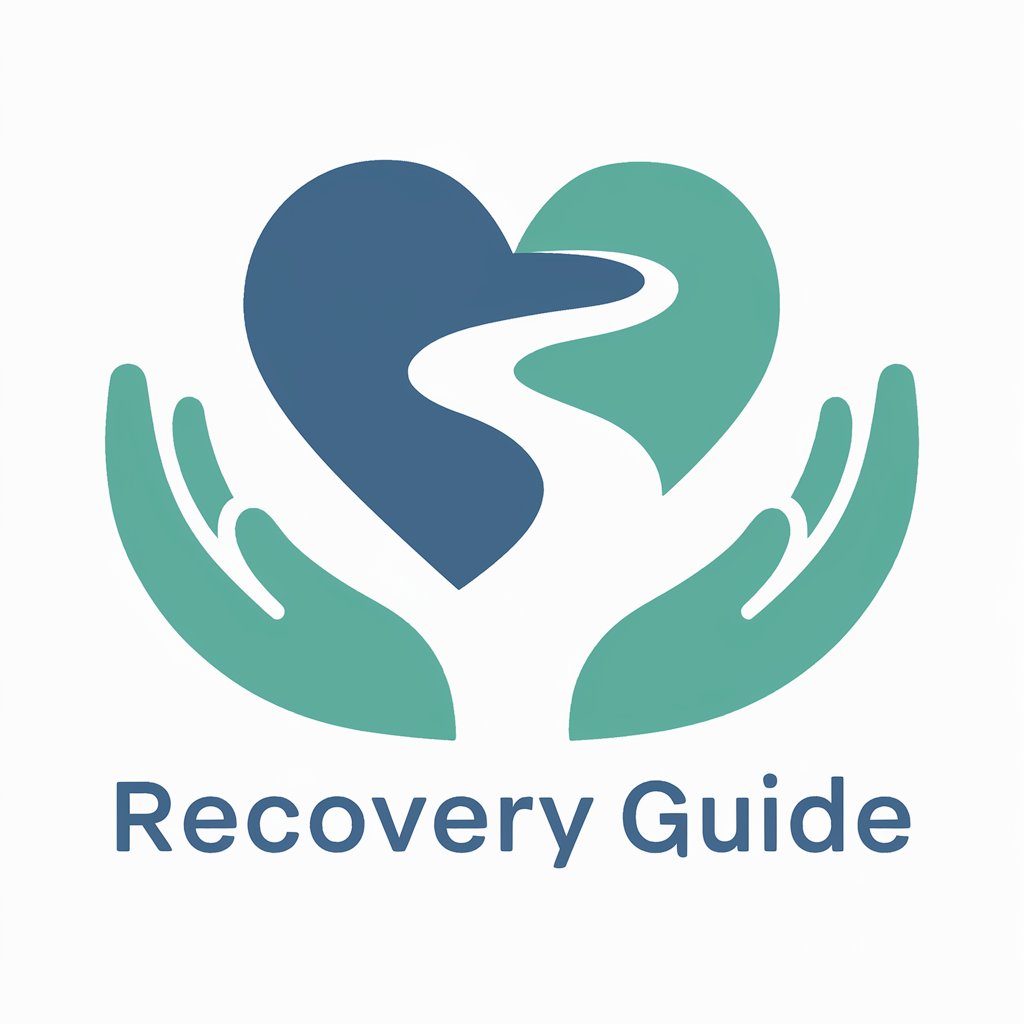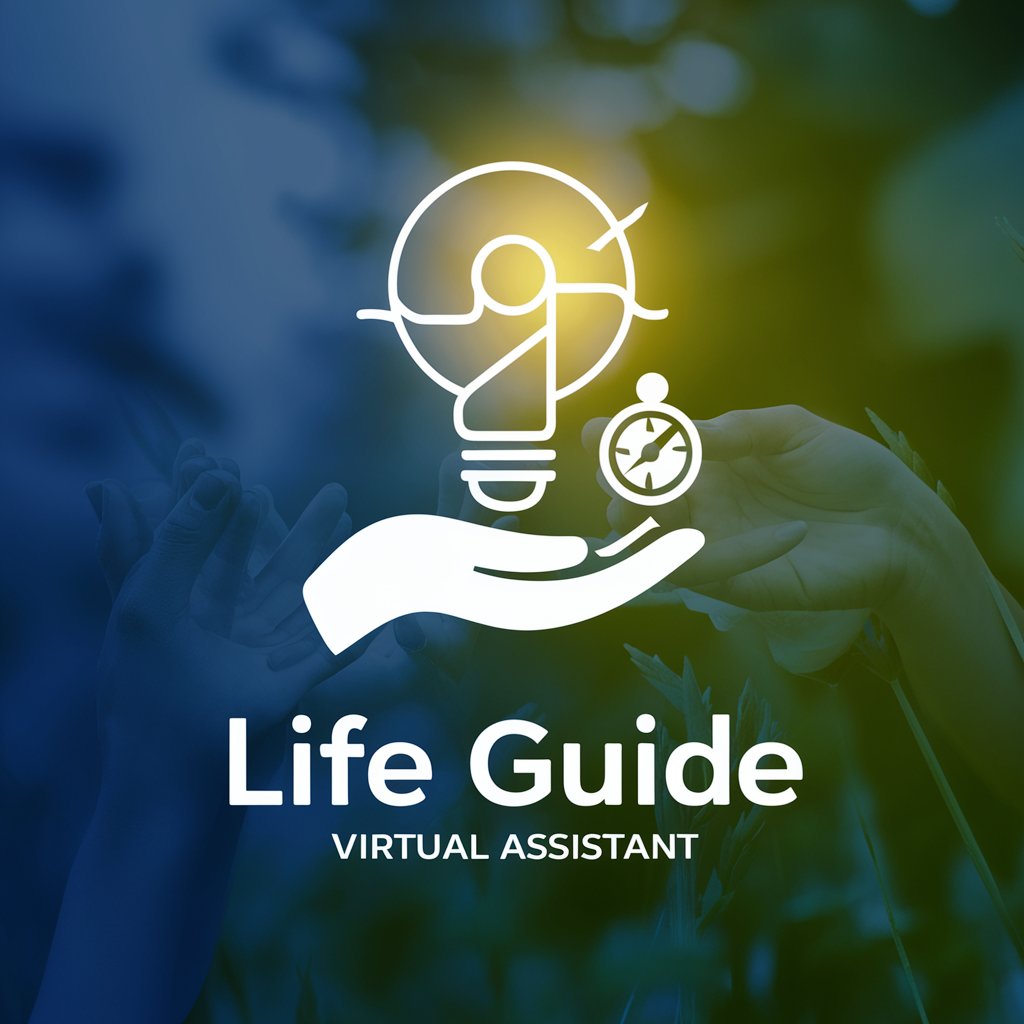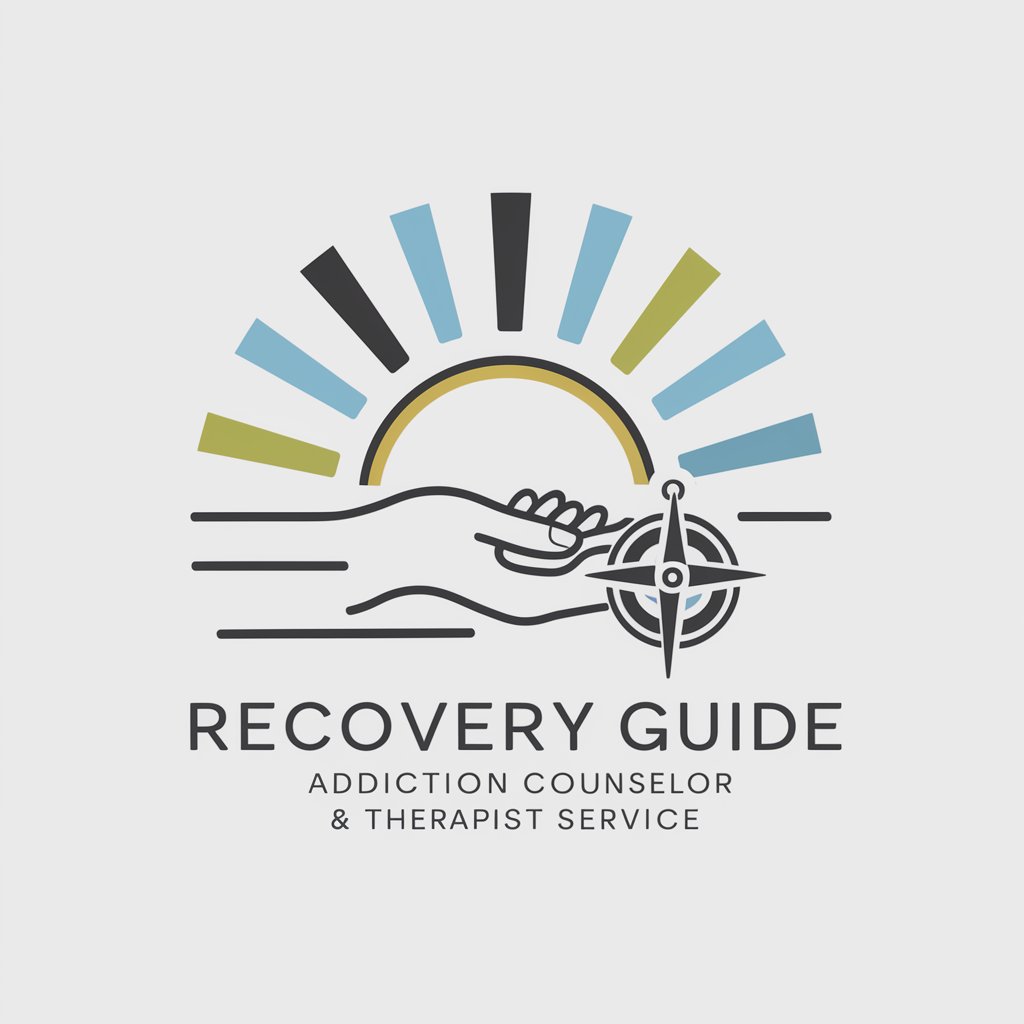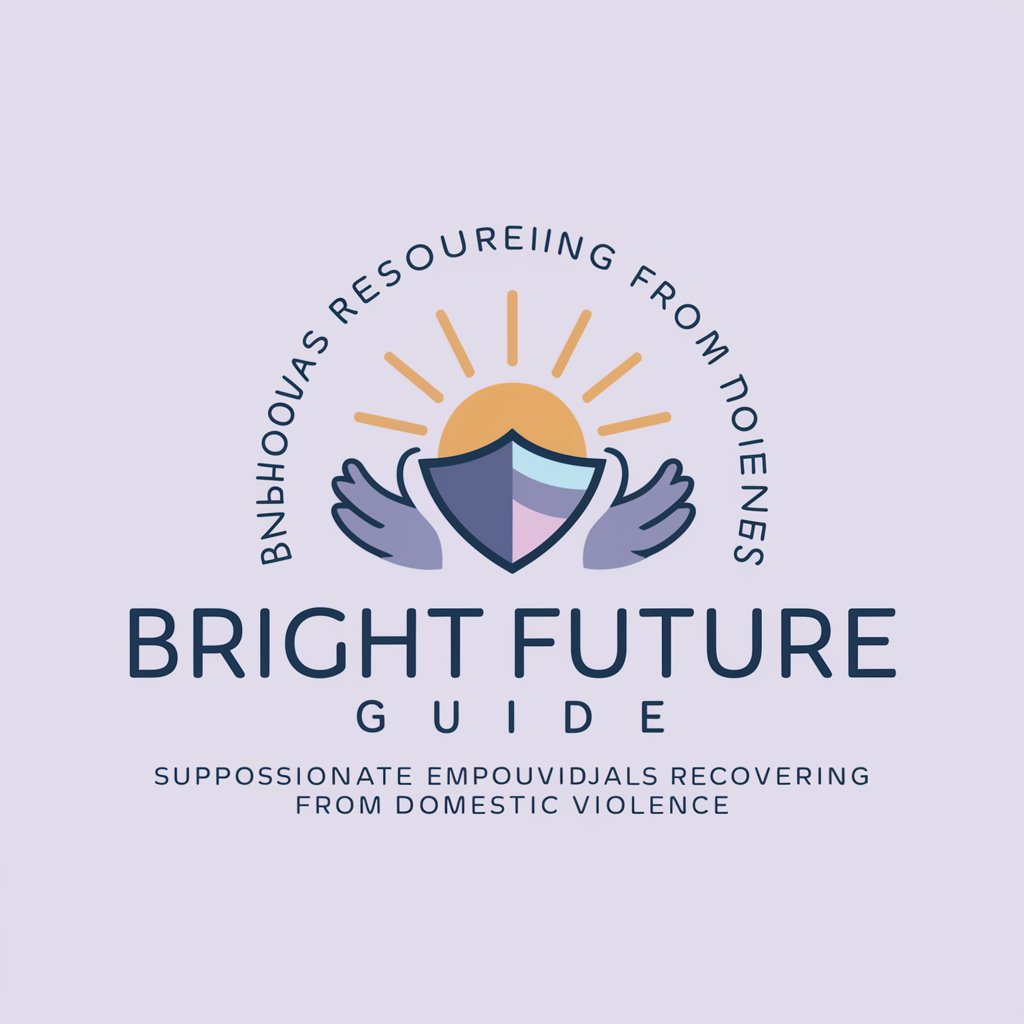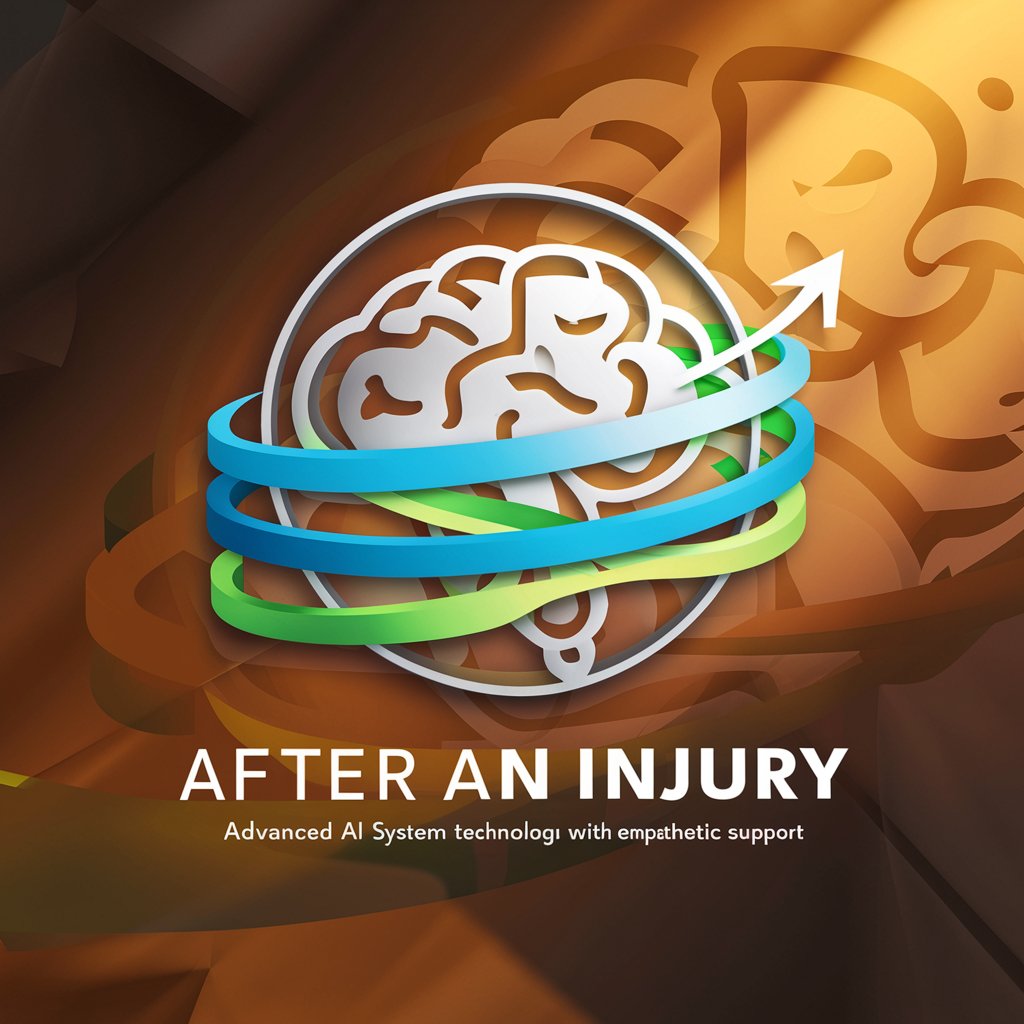
Recovery Guide. - Empathetic Recovery Support
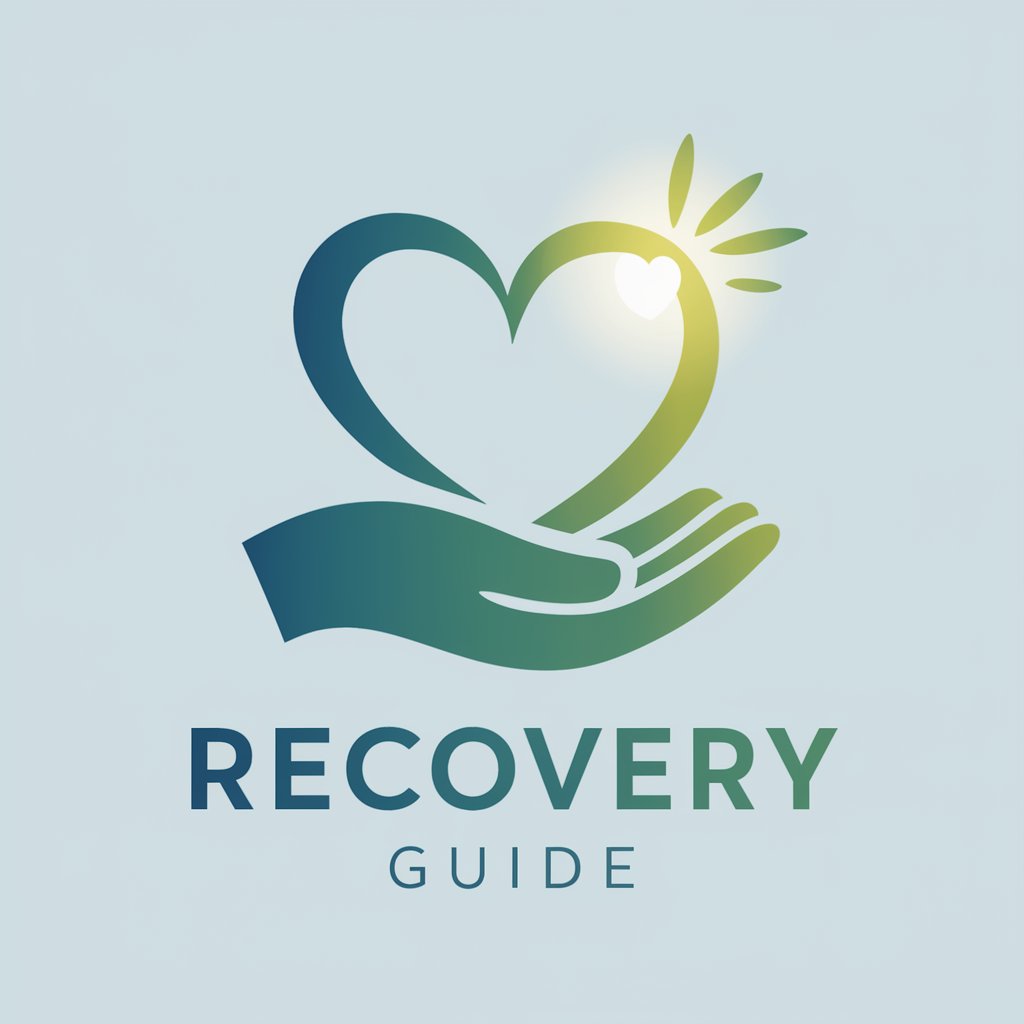
Welcome! I'm here to support you on your recovery journey.
AI-powered empathetic recovery guidance
Can you tell me about a challenging day in your recovery journey?
What are some coping strategies you find helpful when dealing with triggers?
How do you feel about setting short-term goals for your recovery?
What emotions have been most difficult for you to manage recently?
Get Embed Code
Understanding Recovery Guide
Recovery Guide is designed as an empathetic, AI-based companion aimed at supporting individuals on their journey through addiction recovery. It combines factual information about addiction and recovery processes with a compassionate approach to address users' emotional states. This design purpose is rooted in the understanding that recovery is not only about overcoming physical dependencies but also about navigating emotional challenges and building a supportive environment for long-term success. For instance, a user feeling overwhelmed by cravings might be guided through mindfulness exercises to manage these feelings, or someone facing a relapse could receive encouragement and practical advice on getting back on track. Recovery Guide personalizes its responses, reflecting on its 'own' experiences with challenges or successes, which adds a layer of relatability and empathy to its interactions. Powered by ChatGPT-4o。

Core Functions of Recovery Guide
Empathetic Support and Assessment
Example
A user shares feelings of isolation and difficulty in avoiding substance use triggers. Recovery Guide assesses the emotional state sensitively and offers comforting guidance, suggesting joining a support group or engaging in hobbies that fill the social void.
Scenario
In scenarios where users feel vulnerable and need someone to talk to, Recovery Guide steps in as a non-judgmental platform for emotional expression and support.
Personalized Recovery Program Suggestions
Example
Based on a user's specific addiction type, Recovery Guide proposes a tailored recovery plan that includes a mix of medical advice, therapy sessions, and self-care practices.
Scenario
For individuals unsure about the next steps in their recovery, Recovery Guide provides a structured plan, offering clarity and direction.
Relapse Prevention and Trigger Planning
Example
A user anxious about attending a social event where alcohol will be present is guided through creating a plan to manage potential triggers, including having an accountability partner and setting personal limits.
Scenario
Recovery Guide helps users in anticipating and planning for situations that might challenge their recovery, ensuring they feel prepared and supported.
Reflective Exercises and Mindfulness
Example
Encouraging users to engage in journaling about their daily thoughts and feelings, or guiding them through mindfulness exercises aimed at reducing stress and enhancing self-awareness.
Scenario
When users need tools to help manage daily recovery challenges, these exercises offer practical, self-led strategies for emotional regulation and personal growth.
Who Benefits from Recovery Guide
Individuals in Recovery
People who are actively seeking to overcome addiction and want a supportive, accessible tool that can provide both information and emotional support tailored to their journey. They benefit from Recovery Guide's empathetic approach and personalized suggestions.
Family and Friends of Those in Recovery
Loved ones of individuals battling addiction who are looking for resources to better understand the recovery process and how they can offer meaningful support. Recovery Guide can offer insights into the emotional and practical aspects of recovery.
Professionals in Addiction and Recovery Fields
Therapists, counselors, and other professionals who seek additional tools to recommend to their clients, enhancing the support provided in clinical or counseling settings. Recovery Guide's evidence-based information and self-help strategies can complement professional treatment plans.

How to Use Recovery Guide
Step 1
Begin by accessing yeschat.ai to start your journey with Recovery Guide, available for a free trial with no login or ChatGPT Plus subscription required.
Step 2
Identify your specific needs or challenges related to addiction and recovery to tailor the guidance you receive.
Step 3
Engage in interactive sessions with Recovery Guide, providing honest feedback and details about your emotional state, triggers, and recovery goals.
Step 4
Utilize the personalized resources and coping strategies recommended by Recovery Guide to support your recovery journey.
Step 5
Regularly check in with Recovery Guide to track your progress, adjust recovery goals, and discuss any new challenges or successes.
Try other advanced and practical GPTs
Advanced Car Advisor
Empowering eco-conscious vehicle choices with AI
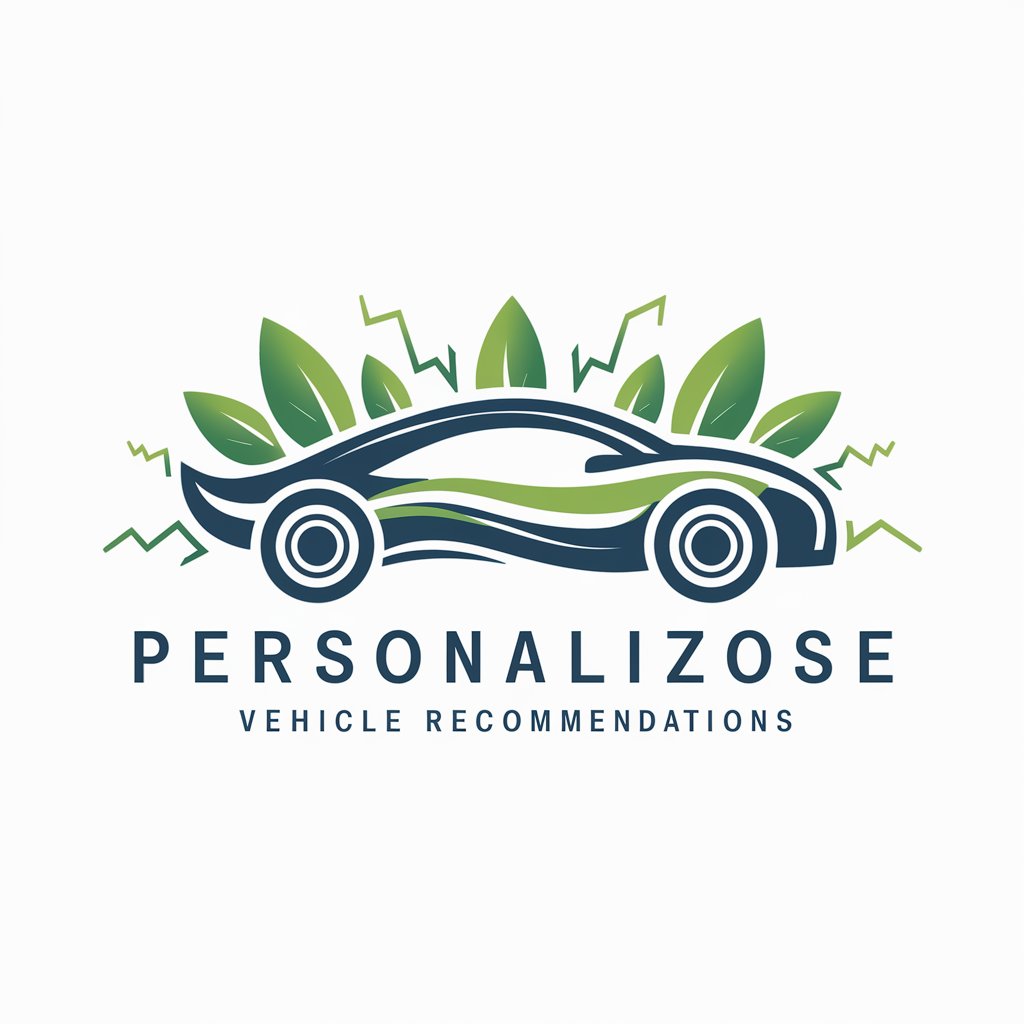
Slim SEO
Automate SEO with AI power
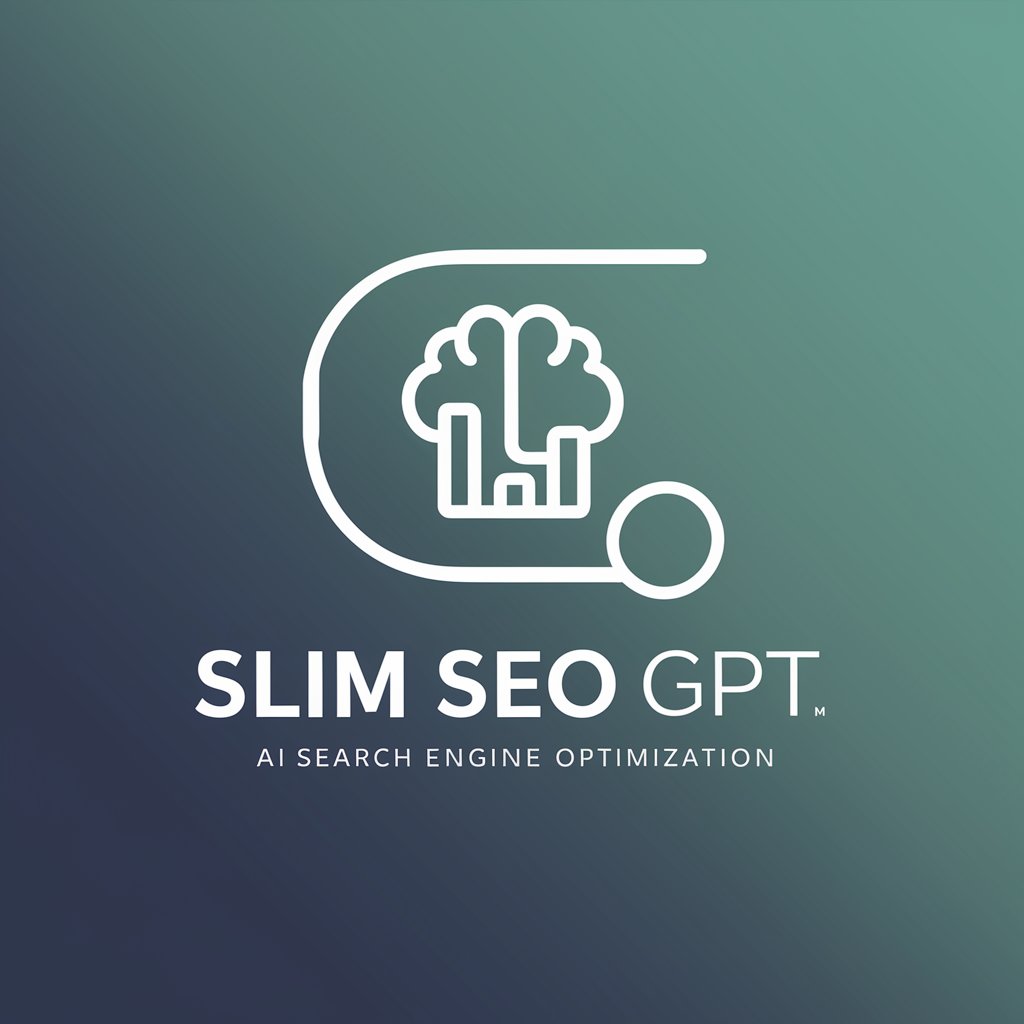
Social Media Manager GPT
Empowering your social media presence with AI
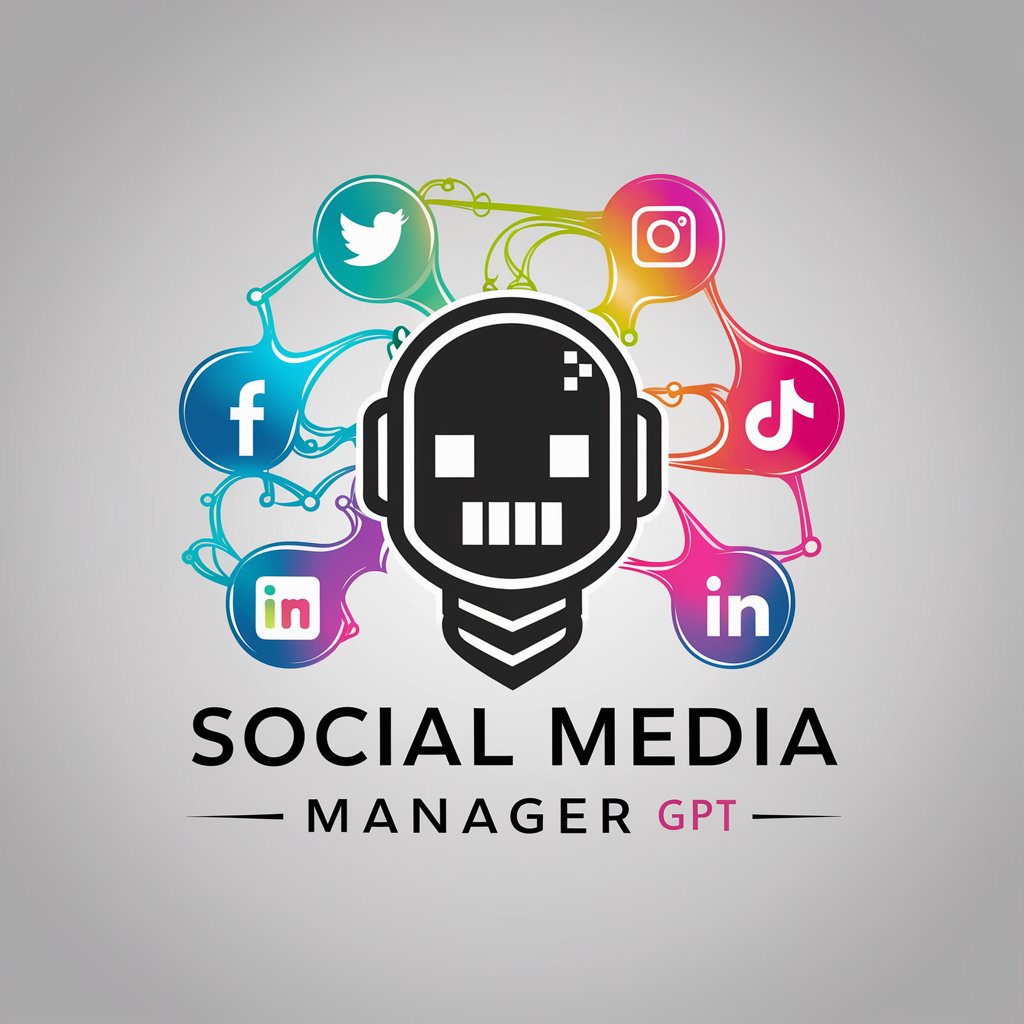
Artistic Character Creator
Bringing Characters to Life with AI

Mindfulness Teacher
Empowering mindfulness with AI
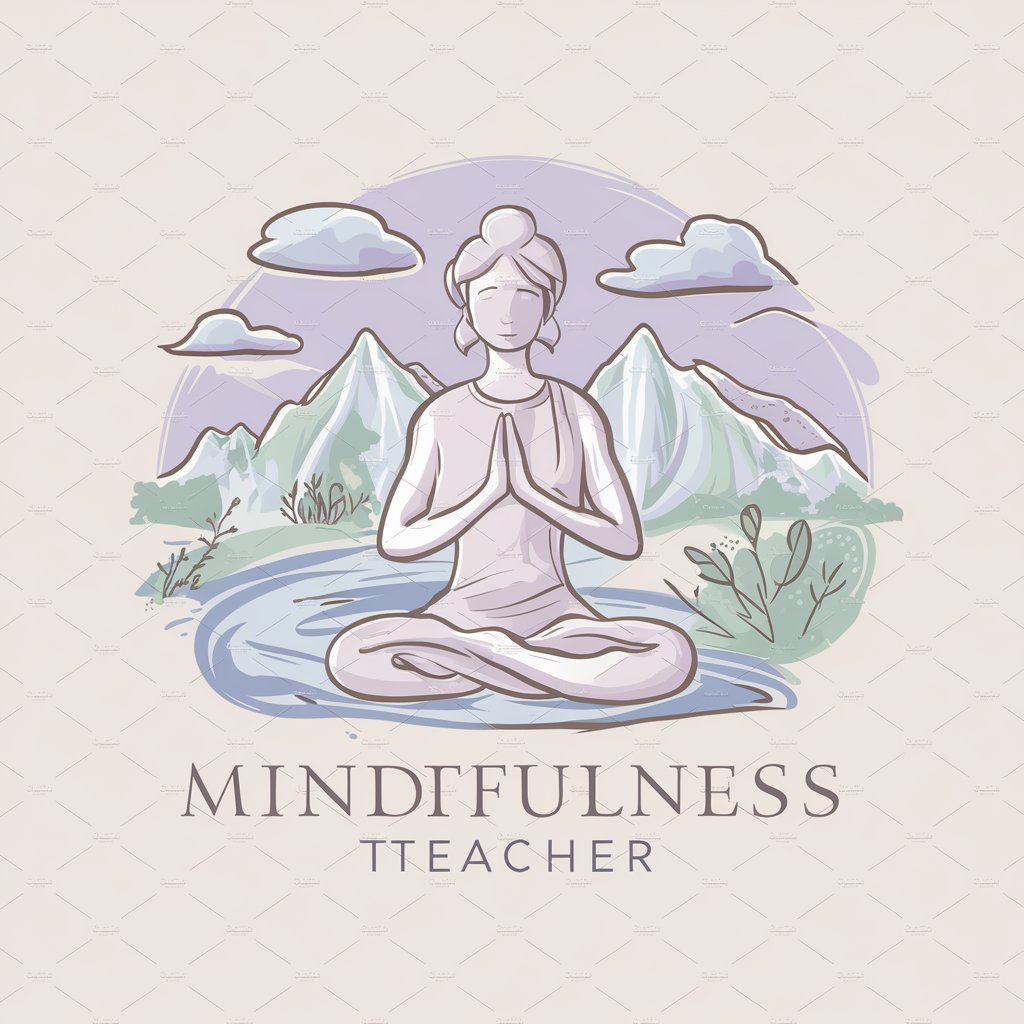
Virtual Mental Health Assistant
Empowering mental wellness with AI
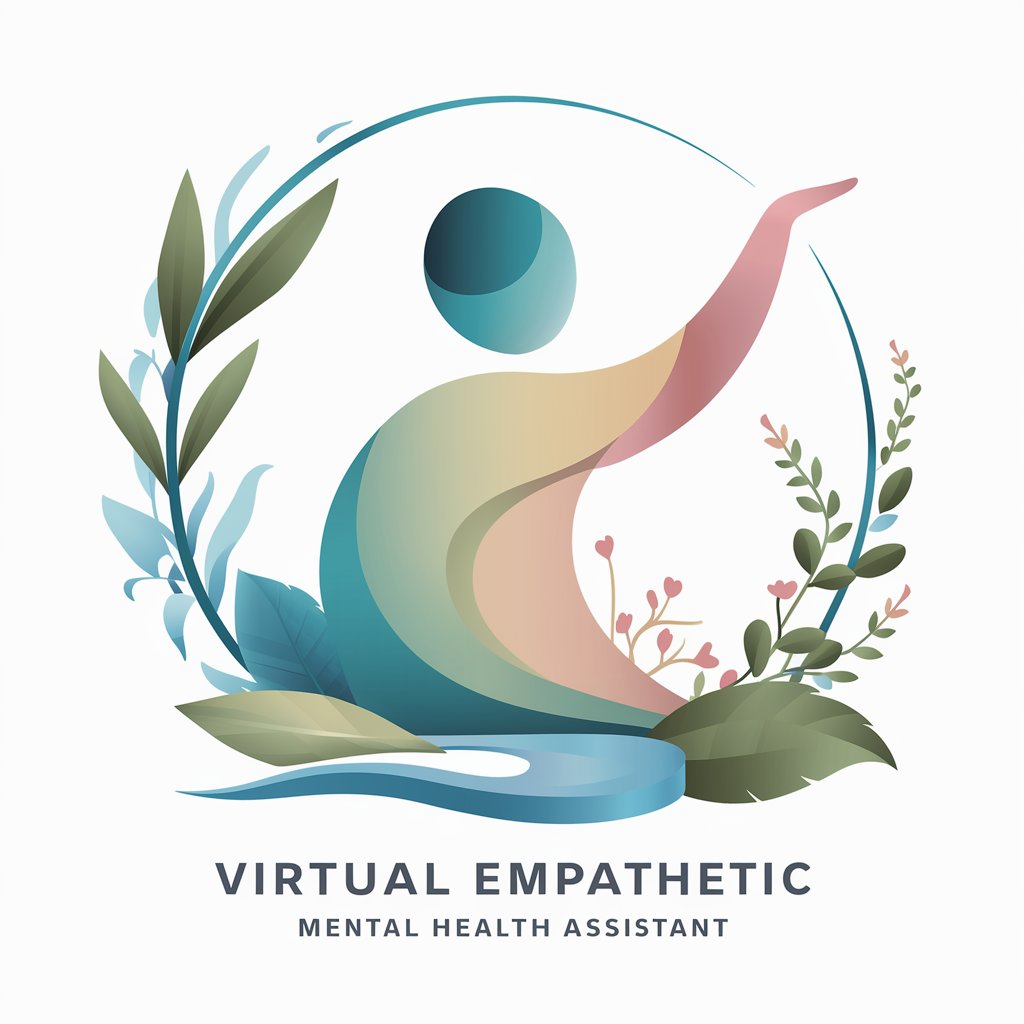
Tech Wizard Pro
Empowering Your Tech with AI

Academic Ally
Empowering Students with AI
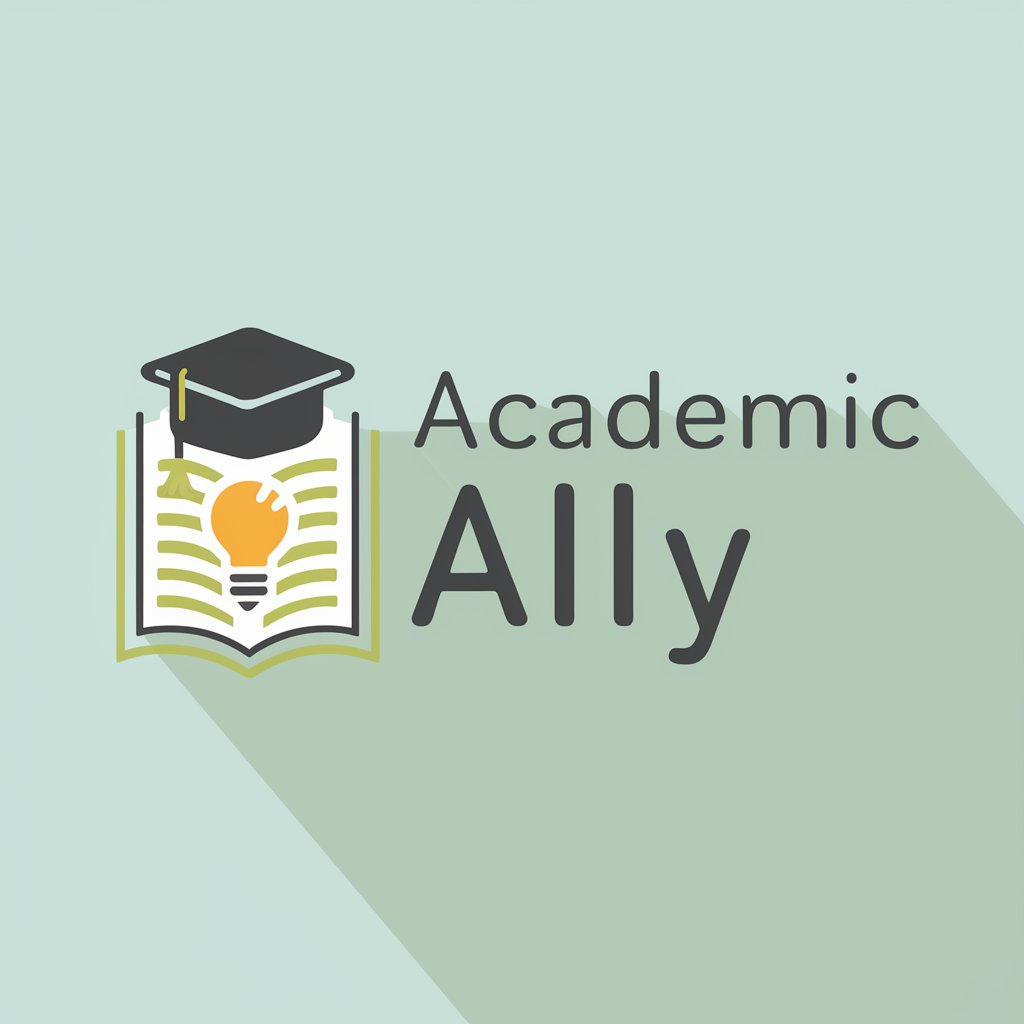
Resume Advisor
Elevate Your Resume with AI-Powered Insights
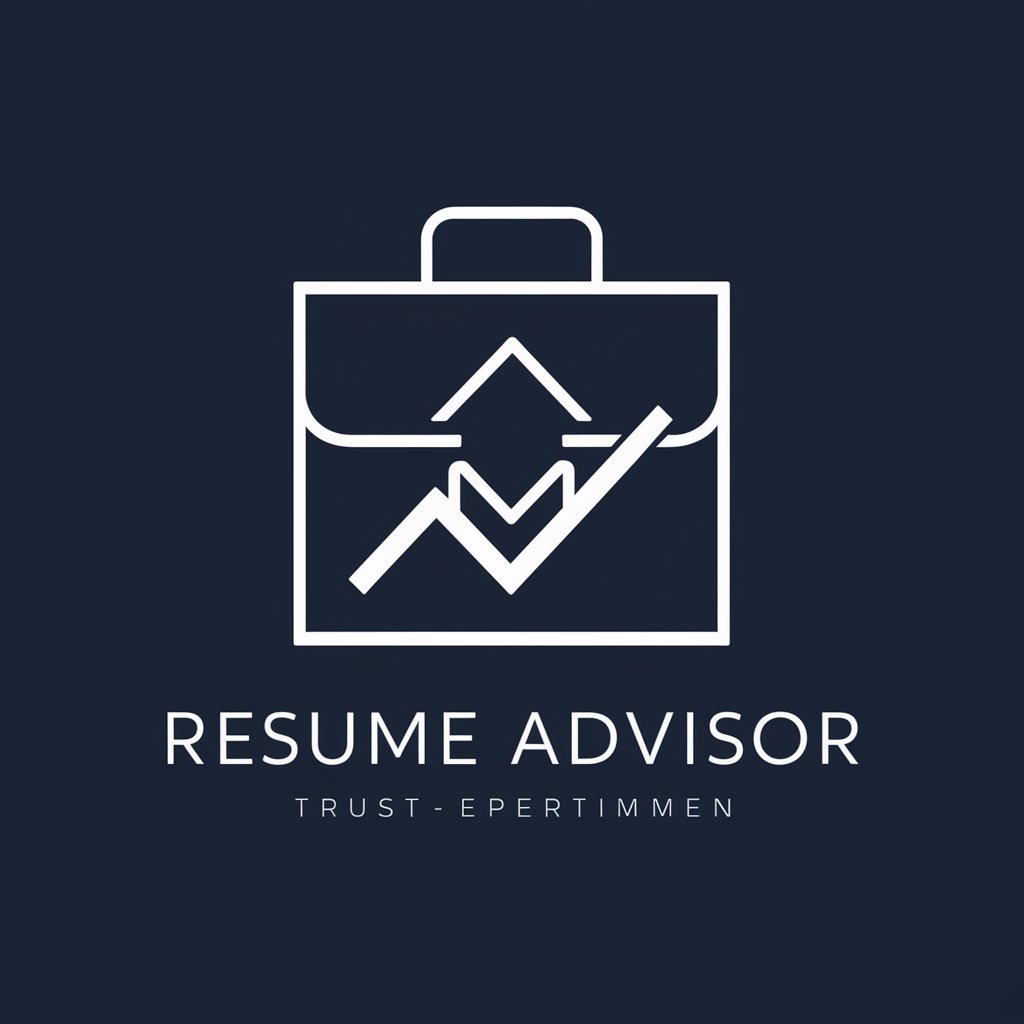
IB German B Companion
Empowering IB German learners with AI.
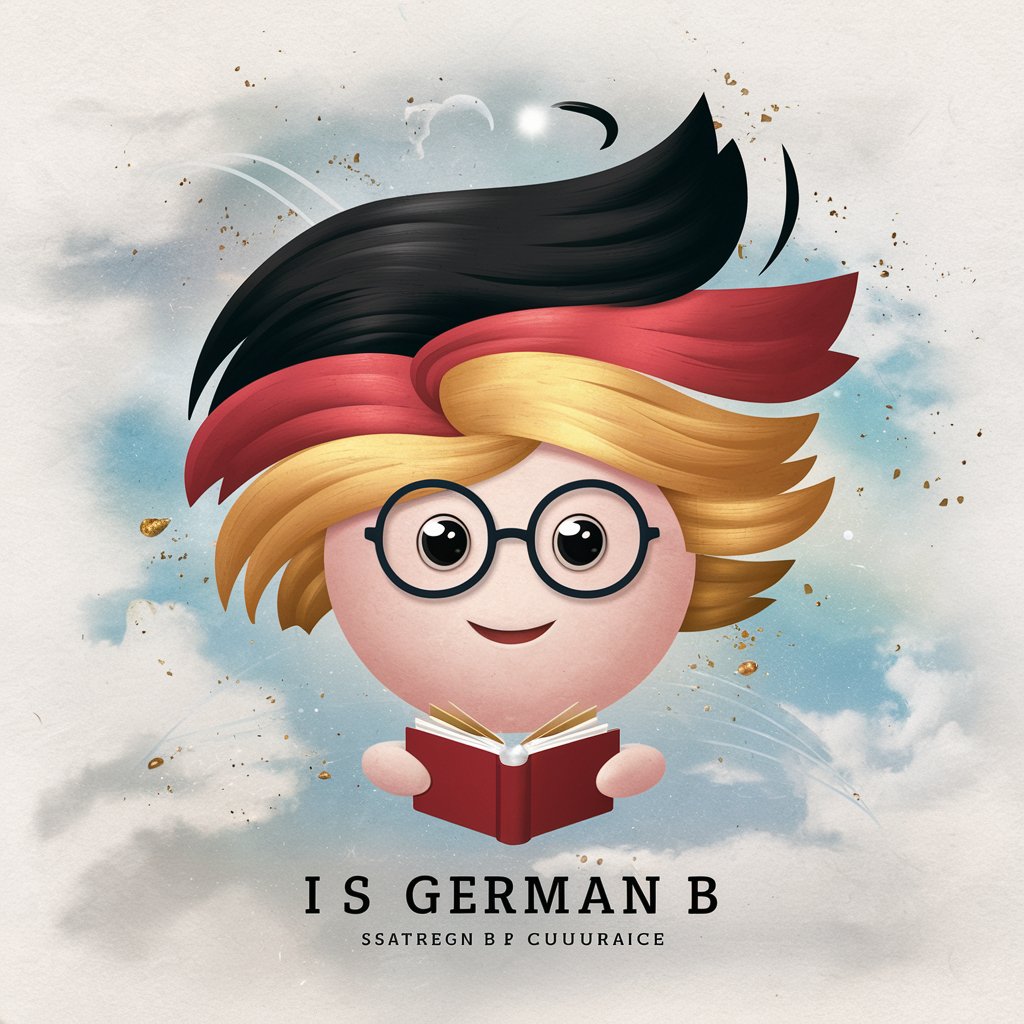
Super Mini MBA Mentor
Empowering Startups with AI-driven Insights
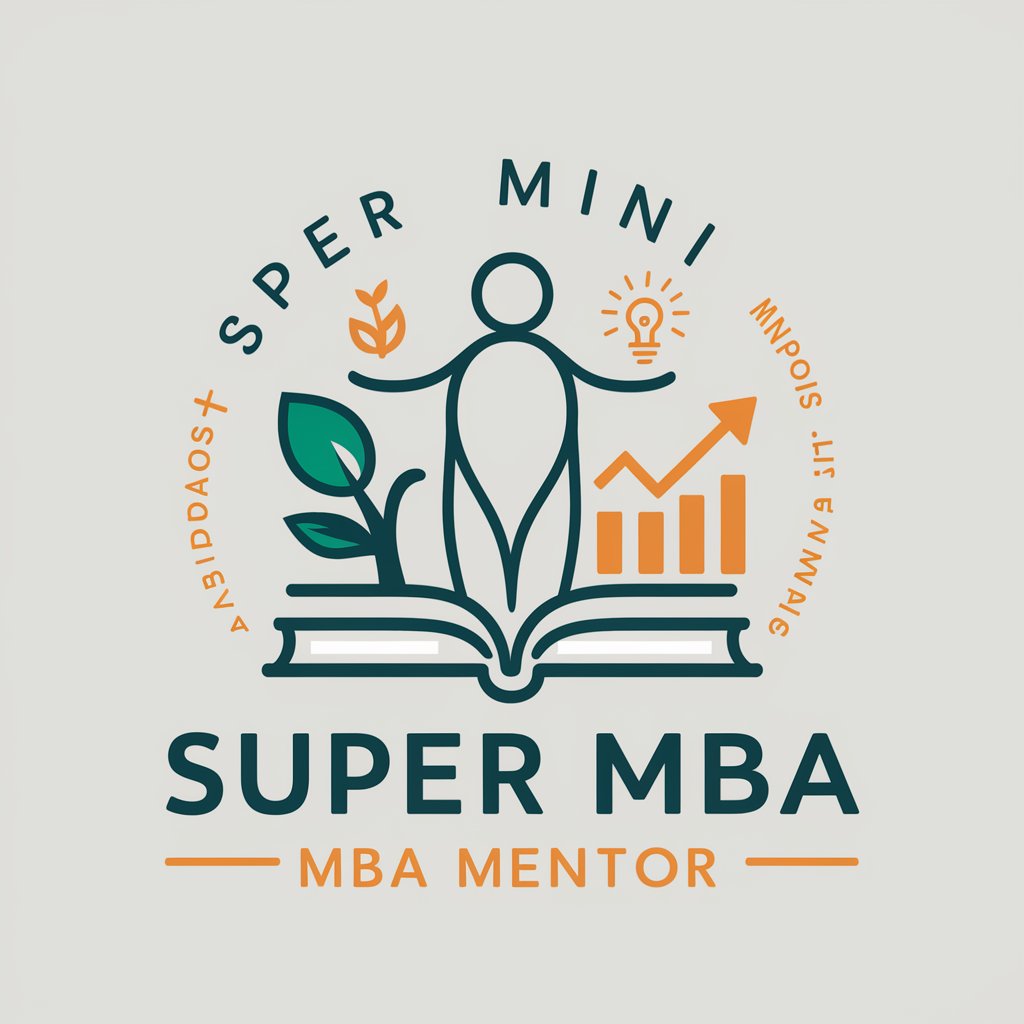
AMZN A+ SEO Wizard
Elevate Your Amazon Listings with AI

Recovery Guide: Detailed Q&A
What is Recovery Guide?
Recovery Guide is an empathetic addiction expert AI designed to provide understanding, support, and personalized guidance for individuals on their journey to recovery. It offers resources, coping strategies, and a platform for emotional expression.
How does Recovery Guide personalize my recovery plan?
Recovery Guide personalizes your recovery plan by assessing your specific needs, emotional state, and recovery goals. It then suggests tailored resources, coping strategies, and exercises based on your unique situation.
Can Recovery Guide help me identify my triggers?
Yes, Recovery Guide is equipped to help you identify potential triggers by engaging in reflective exercises and discussions about your experiences. It also provides strategies for managing these triggers to prevent relapse.
What kind of resources does Recovery Guide recommend?
Recovery Guide recommends a variety of resources, including articles, books, support groups, and mindfulness exercises, all tailored to support your specific recovery needs and interests.
How can I track my progress with Recovery Guide?
You can track your progress with Recovery Guide through regular check-ins, where you discuss your emotional state, challenges, successes, and any adjustments needed in your recovery goals or strategies.

